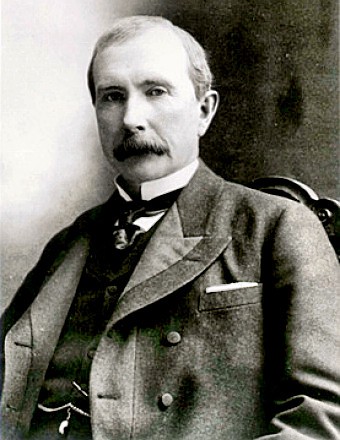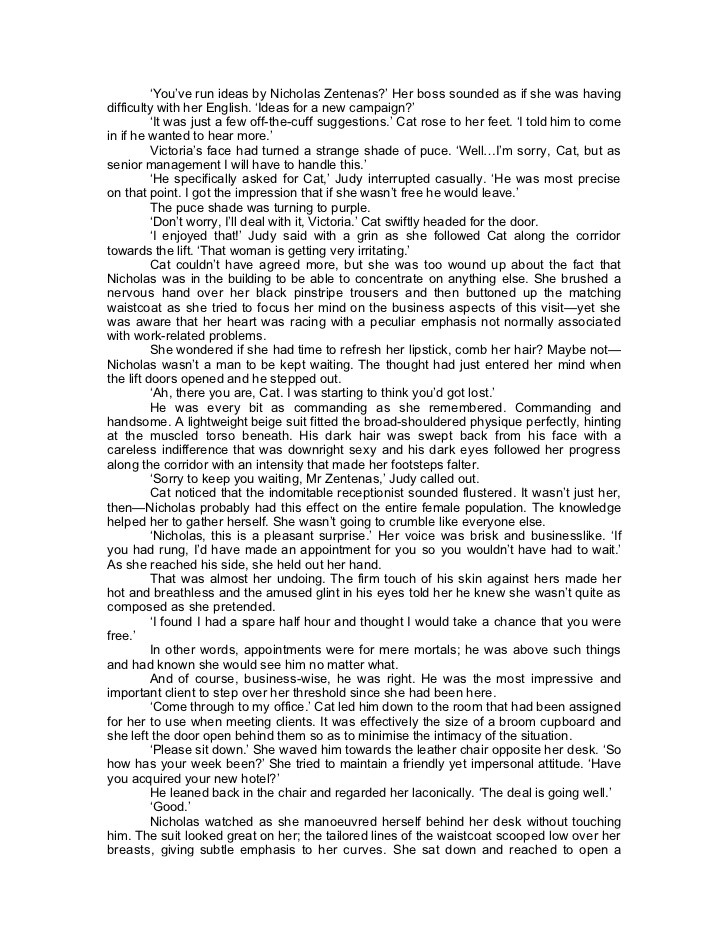The New Tycoons Morgan
Post on: 5 Июль, 2015 No Comment

J.P. Morgan invested in everything from Thomas Edison’s electric company to railroads and steel companies to insurance firms.
Child of Privilege
Not all of the tycoons of the Gilded Age were rags-to-riches stories. J. Pierpont Morgan was born into a family of great wealth. His father had already made a name for himself in the banking industry. With Morgan’s family resources, he enjoyed the finest business education money could buy.
He did not scratch and claw his way to the top of any corporate ladder. His father arranged for an executive track position at one of New York’s finest banks. Regardless of his family’s advantages, Morgan had a great mind of his own. He set out to conquer the financial world, and conquer it he did.
Morgan the Banker
Morgan’s first business ventures were in banking. By 1860, he had already established his own foreign exchange office. He knew the power of investment. Not content to control just the banking industry, he bought many smaller ventures to make money.
During the Civil War, he paid the legally allowed fee to purchase a substitute soldier and evaded military service. Morgan made handsome profits by providing war materials. One of his enterprises sold defective rifles to the Union army. Upon later investigations, he was declared ignorant of the poor quality of his guns and was cleared of all charges.
After the war, he set out to corner the nation’s financial markets. When the Panic of 1873 rocked the nation’s economy, Morgan protected himself wisely and emerged in the aftermath as the king of American finance.
J.P. Morgan was one of the organizers of the World Fair held in Chicago in 1893.
Despite his label as a robber baron, Morgan felt his investments benefited America. His railroad dealings helped consolidate many smaller, mismanaged firms, resulting in shorter trips and more dependable service. Two times during financial panics he allowed the federal government to purchase his vast gold supplies to stop the spiral of deflation.

He owned a bridge company and a tubing company. His most renowned purchase was in 1901, when he bought the Carnegie Steel Company for $500 million to create U.S. Steel. Within ten years U.S. Steel was worth over a billion dollars.
Morgan’s actions marked a shift in thinking among American industrialists. He proved that it was not necessary to be a builder to be successful. Smart investment and efficient consolidation could yield massive profits. Young entrepreneurs shifted their goals to banking in the hopes of mirroring Morgan’s success.
Trouble with the Government
For all his accomplishments, he was harshly criticized. The first decade of the twentieth century brought challenges to Morgan from the government. His Northern Securities railroad company was deemed illegal under federal antitrust law. the first such action by the national government. He was investigated by Congress for his control of the financial markets. Even U.S. Steel was forced to relinquish its monopoly.
Things you don’t see everyday: A cancelled check for three million dollars from J.P. Morgan to the Northern Pacific Syndicate.
Jaded by the criticism, Morgan moved to Europe, where he lived his final days. He was a favorite target of intellectuals who claimed that such tycoons robbed the poor of their deserved wealth. He was a hero to enterprising financiers across the land who dreamed of following his example. That is, of course, unless they were destroyed by his shrewd, fierce tactics.














